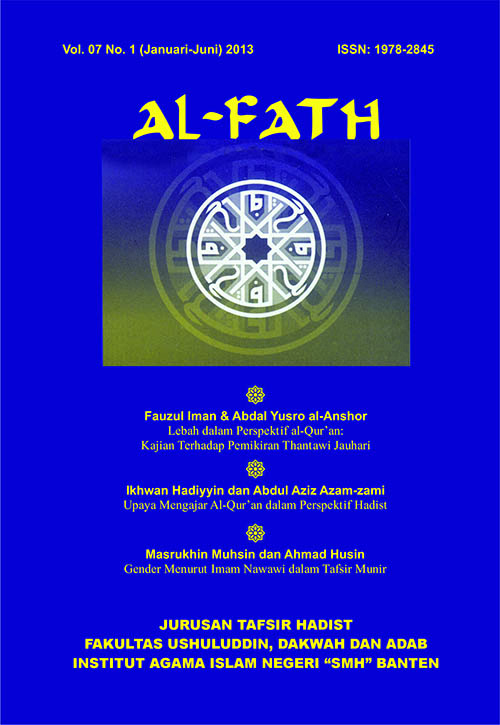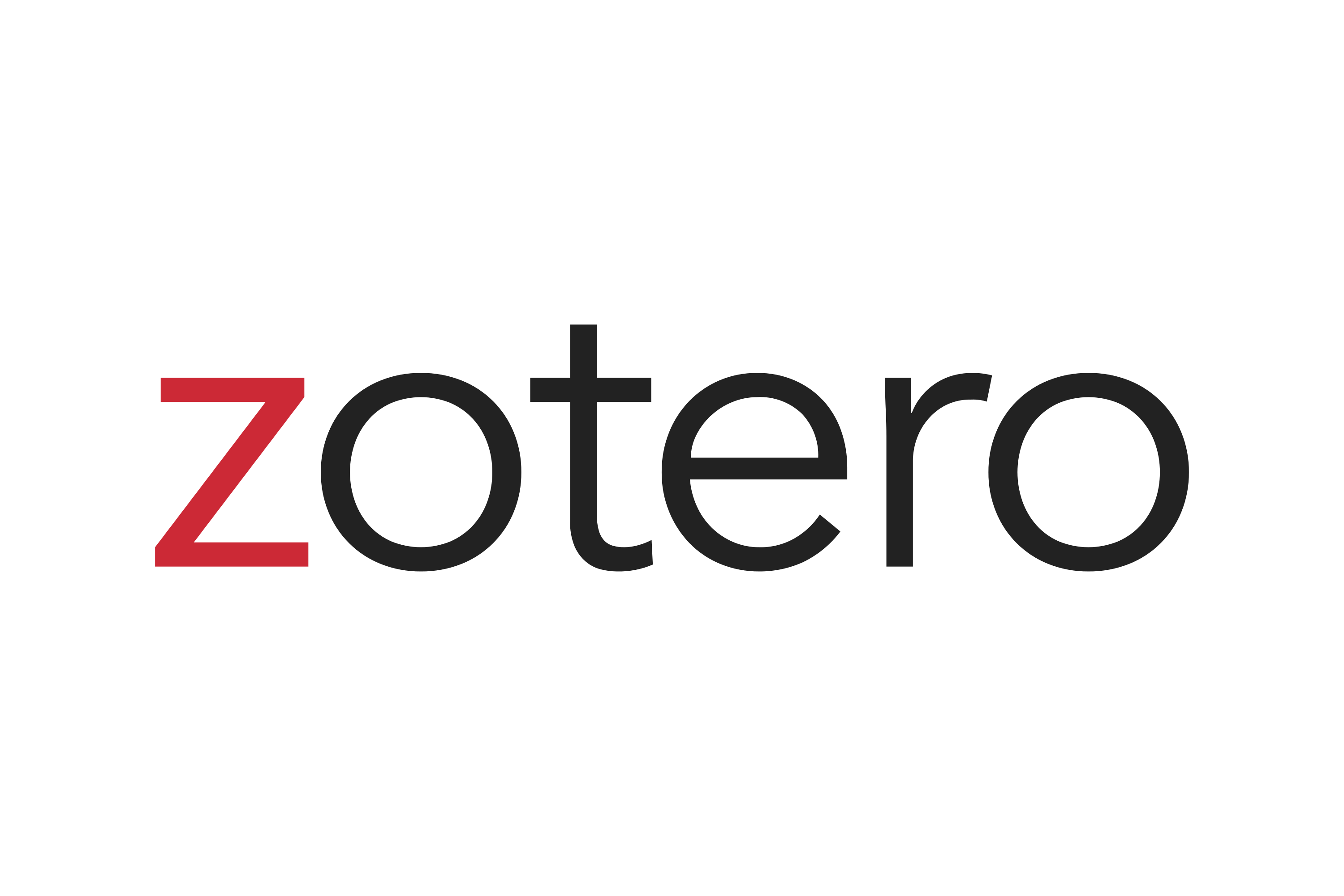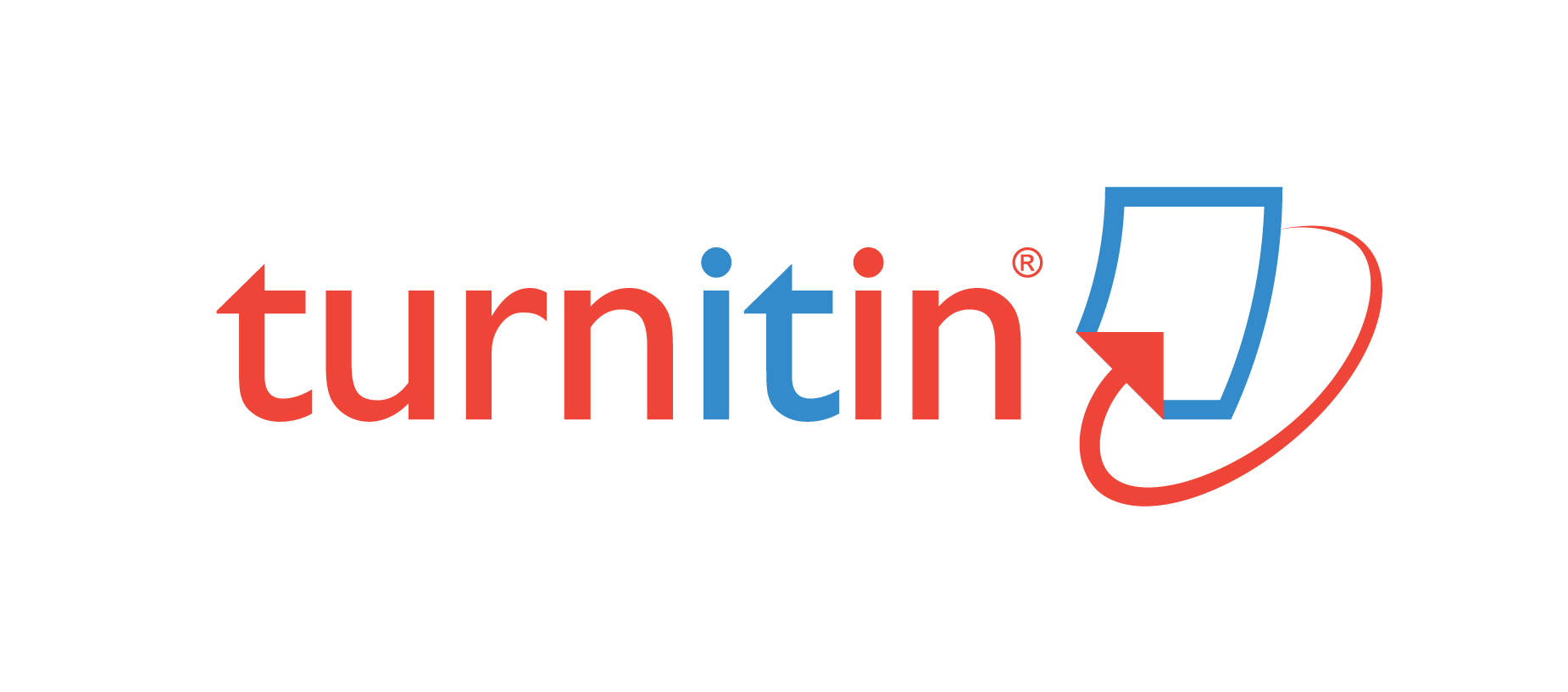LEBAH DALAM PERSPEKTIF AL-QURAN
Kajian atas Pemikiran Thantawi Jauhari
DOI:
https://doi.org/10.32678/alfath.v7i1.3076Keywords:
Lebah, al-Laun al-‘IlmyAbstract
Dalam menafsirkan kata auwha, Thanthawi mengartikan sebagai ilham atau naluri yang diberikan Allah kepada lebah, kata auwha mengandung dua pengertian. Pertama; wahyu yang kita pahami yaitu wahyu Kedua; wahyu di sini memiliki pengertian ilham. Lebah juga banyak mengandung manfaat bagi manusia dan lebah juga dapat diumpamakan seperti kehidupan orang mukmin karakteristik penafsiran Thantawi Jauhari yaitu bercorak tafsir
ilmi dan memperlihatkan ma’na mufradat, kemudian berpindah ke arti ijmal (global) dan akhirnya penafsiran tafshili (uraian terperinci). Thanthawi Jauhari meletakan tiga pokok kebutuhan umat Islam dalam tafsirnya, yaitu: hukum, ahlak dan ilmu keajaiban alam dengan menitik beratkan kepada ilmu pengetahuan modern dan keajaiban-keajaiban seluruh ciptaan Allah swt, termasuk manusia. penafsiran Thantawi Jauhari dipengaruhi oleh rasio keilmuan sehingga dapat disimpulkan bahwa tafsir ini bercorak ilmiah (al-laun al-ilmy).
Downloads
Downloads
Published
How to Cite
Issue
Section
License
Copyright Notice

Al-Fath: http://jurnal.uinbanten.ac.id/ is licensed under a Creative Commons Attribution-ShareAlike 4.0 International License
An author who publishes in Al-Fath agrees to the following terms:
- Author retains the copyright and grants the journal the right of first publication of the work simultaneously licensed under the Creative Commons Attribution-ShareAlike 4.0 License that allows others to share the work with an acknowledgment of the work's authorship and initial publication in this journal
- Author is able to enter into separate, additional contractual arrangements for the non-exclusive distribution of the journal's published version of the work (e.g., post it to an institutional repository or publish it in a book) with the acknowledgment of its initial publication in this journal.
- Author is permitted and encouraged to post his/her work online (e.g., in institutional repositories or on their website) prior to and during the submission process, as it can lead to productive exchanges, as well as earlier and greater citation of the published work (See The Effect of Open Access).
Privacy Statement
The names and email addresses entered in this journal site will be used exclusively for the stated purposes of this journal and will not be made available for any other purpose or to any other party.










